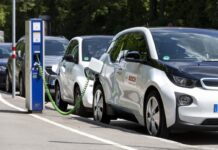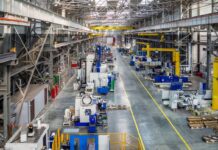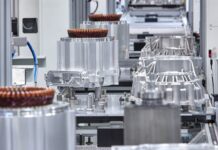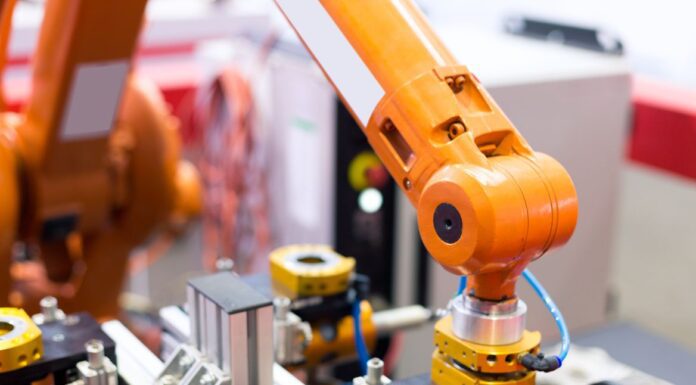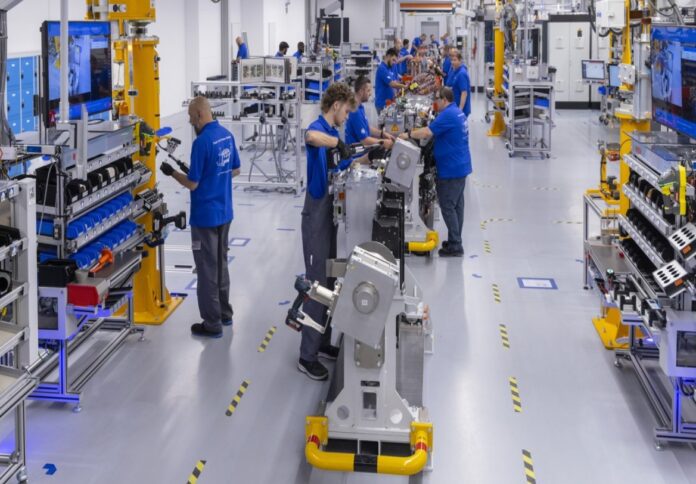
Bosch, a global technology and service provider, is ushering in the hydrogen era of mobility by ramping up commercial manufacturing of its fuel-cell power module at its Stuttgart-Feuerbach facility.
Nikola Corporation, headquartered in the United States, will act as the pilot customer for its Class 8 hydrogen fuel cell electric vehicle, which is set to reach the North American market in the third quarter of 2023.
Bosch also said is developing solutions for both port and direct hydrogen injection in addition to the fuel-cell powertrain and the hydrogen engine.
This method is best suited for huge vehicles travelling long distances with extremely heavy loads, the company said in a press release.
Additionally, the business has stated that it will spend close to 2.5 billion euros on hydrogen technology by 2026.
According to Bosch, it expects to use hydrogen technology to bring in about 5 billion euros in sales by the year 2030.
“Here in Stuttgart-Feuerbach, in the plant whose history goes back further than any other Bosch plant, the hydrogen future is about to happen,” said Dr Stefan Hartung, the chairman of the board of management of Robert Bosch GmbH.
In addition to Feuerbach, China’s Chongqing is also starting to produce the fuel-cell power module.
According to the company, the components it requires will come from the Wuxi plant.
“Bosch is the first company to produce these systems in both China and Germany,” Hartung said.
Meanwhile, Markus Heyn, member of the Bosch board of management and chairman of Bosch Mobility, stated Bosch is one of the few businesses capable of mass-producing sophisticated technology such as fuel-cell stacks.
“We don’t just have the required systems expertise, but also the capability of quickly scaling up new developments to mass production,” Heyn added.
Furthermore, Bosch said it intends to make stacks for mobile applications in its US plant in Anderson, South Carolina.
The business anticipates that by 2030, one in every five new trucks weighing six tonnes or more would have a fuel-cell powertrain.


